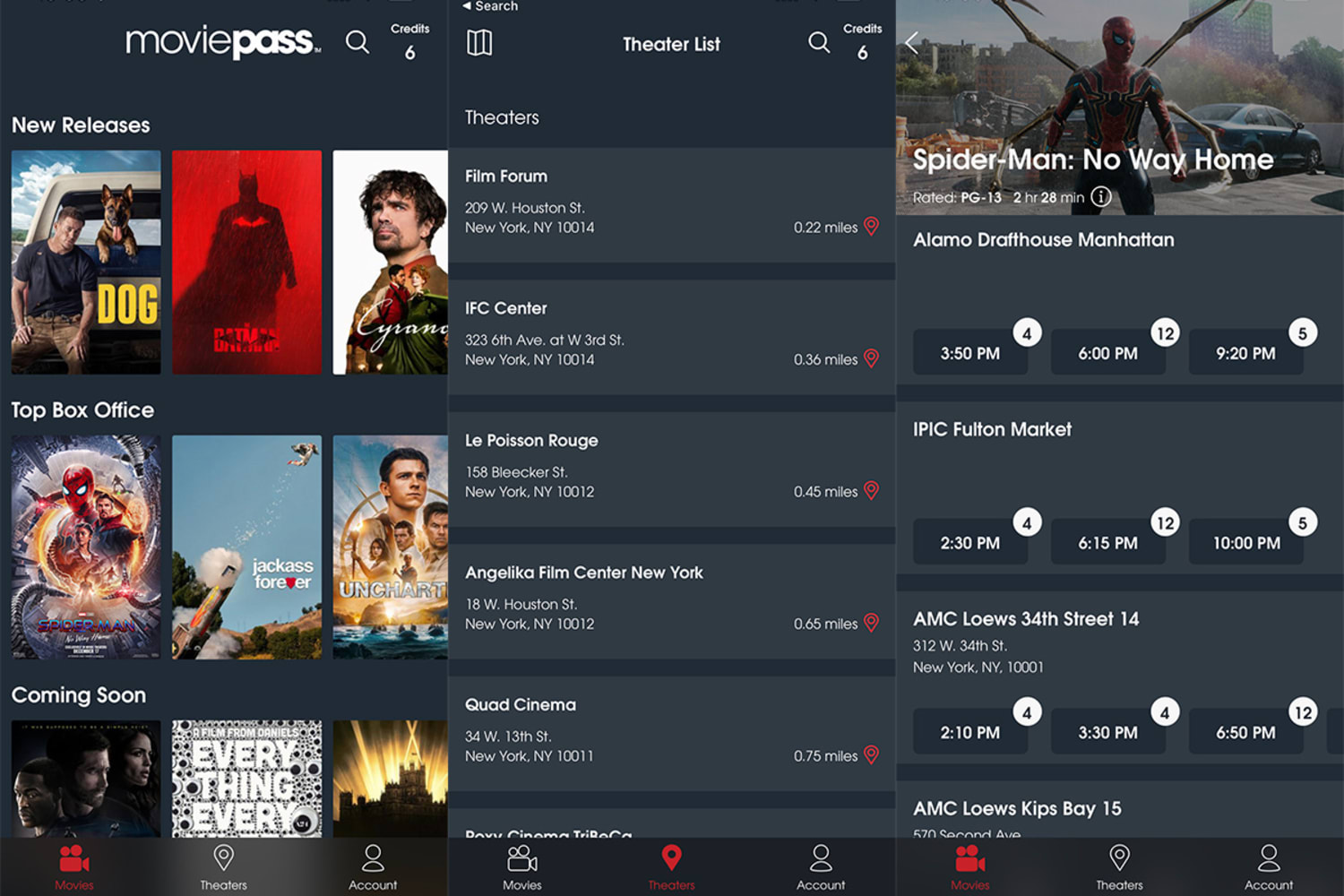“In Web3, communities are the platform,” founder of the Web3 consultancy firm Parachute, Jeff Kauffman Jr., tells Wunderman Thompson Intelligence. Decentralized autonomous organizations, or DAOs, are a defining element of Web3: unaffiliated digital-contracts governed by its members rather than by one central authority. These community-based organizations are infiltrating a variety of markets, changing the way consumers connect and interact online in this new iteration of the worldwide web. We’re taking a closer look at what a few decentralized brands across prominent sectors are doing differently to elevate consumer interactions.
DAOs are introducing a new form of branding as Web3 continues to take shape.

Social
A new crypto-backed social club called Friends with Benefits is being referred to as a decentralized SoHo House. The exclusive group of crypto creatives began with a token shared on Twitter, a cryptocurrency that one founder Trevor McFedries’s followers could invest in for access to this virtual community. As eager members bought in, the group caught the attention and investment from Andreessen Horowitz, Kindred Ventures, and other firms. Kindred Ventures founder and managing partner Steve Jang told The New York Times that their $1.5 million investment in the hub “is like being able to sit in 2005, web2 era, and be part of a community that has the chance to build the next Facebook or Twitter.”
The 20% of applicants that are approved gain access to different levels of engagement with the group, depending on how many $FWB tokens they purchase. Access ranges from newsletters and group Discord channels to exclusive offline events. Alex Zhang, one of the group’s top leaders, spoke to The New York Times about how the social community of Friends with Benefits is putting out real economical value. He called the group a “headless media lifestyle brand” in which members are “launching NFT projects together, they’re starting companies together. The value of friendships — that’s all now being captured by the network.”

Healthcare
A decentralized healthcare platform launched at the end of 2021, and is continuing to elevate its offerings this year. DeHealth, an AI-based mobile app, is a platform for people to store, manage, and monetize their personal health data. Through specialized NFTs—DeHealth Tokens—customers can sell their data to clients, such as pharmaceutical or insurance companies, for medical information, and use secure blockchain tokens to pay for the app’s universal health services. Supported by a community of doctors and scientists, the unique DeHealth Tokens are environmentally friendly and allow customers access to medical analysis, fitness trackers, doctors, and global services.
DeHealth is committed to creating safe, powerful AI for healthcare that allows users full ownership and control of their health data while also tokenizing the content for sale and services. The app harps on providing access to low-income customers, providing reward and loyalty programs, and hosting business subscriptions for doctors and clinics.

Entertainment
Bankrupt streaming service MoviePass is making a comeback—this time as a Web3 marketplace. This time, users will be able to purchase credits for access, available via a monthly subscription fee. Once onboard, members can earn credits by watching ad content during their movie or entertainment viewing.
CEO Stacy Spikes, an original co-founder of MoviePass, describes the format as a transaction between viewers and the advertised brand. The platform, which aims to reinvigorate the movie viewing community and readjust control into viewers hands, announced plans to launch in summer 2022.

Future insight
Matthew Jacobson, EVP of Marketing and Growth at WPP, tells Wunderman Thompson Intelligence that “brands that position themselves as decentralized signal that they are not just open to receiving customer feedback and acting on whatever they feel would be most beneficial to the business and community, but that they are willing to hand over these executive decisions to the customers and community itself.”
We asked Mr. Jacobson for a deeper analysis on how decentralized environments might change the way a brand targets, interacts with, or engages with consumers:
“The great thing about becoming decentralized is that suddenly, the brand is the customer, and its customers are the brand. It’s like the old Remington ad that stated “I liked the shaver so much, I bought the company”--but instead of now being run by one wealthy old white guy, it’s headed up by anyone who has an interest and passion for the product. And I think this makes it much stronger, because if there’s a diversity of people at the helm who have input, that will likely push the brand in new directions that will appeal to more people."
Brands from a span of sectors are attempting to decentralize, so we asked Mr. Jacobson which industry he thought might benefit most, or perhaps soonest, from decentralized platforms:
“I don’t think there is any particular industry that would benefit more than another, nor do I believe that the emergence of decentralized platforms will make centralized businesses a thing of the past. Just as there are those who enjoy classical music and those who enjoy jazz, these two types of companies can co-exist without issue.”
Main image courtesy of SuperReal at Cirpriani's.
Please provide your contact information to continue.
Powiązane treści


